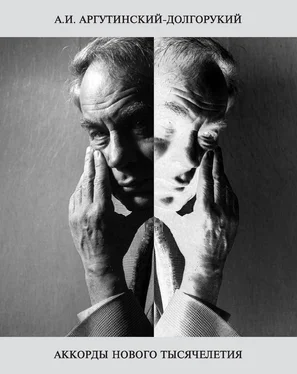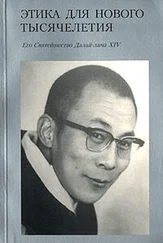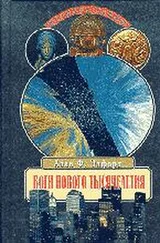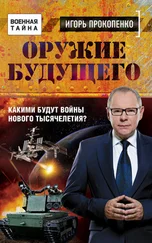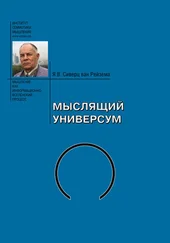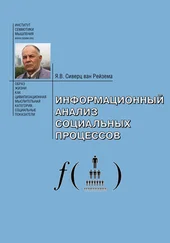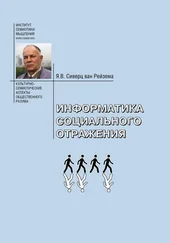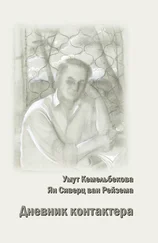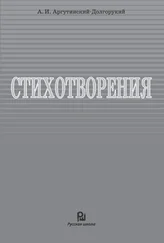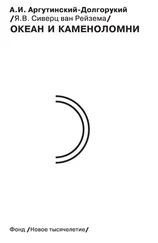К тому имелись основания.
В начале шестидесятых автор интенсивно переписывается и встречается с литераторами, поэтами. Ему писали Павел Антакольский, Эуардас Межелайтис, он многократно встречался с Л. Н. Мартыновым, Расулом Гамзатовым, во время службы на флоте дружил с Виктором Платоновичем Некрасовым, был связан в ранней молодости духовными и душевными узами с писательницей В. Д. Пришвиной, филологом, культурологом, семиотиком Ю. В. Рождественским.
Дальнейшую литературную судьбу решила встреча с критиком «Нового мира» В. Я. Лакшиным, пригласившим поэта к сотрудничеству с журналом.
Несмотря на хлопоты Лакшина сотрудничество не состоялось под давлением вышестоящей цензуры.
Лакшин сказал ему. «Не принимайте близко к сердцу. Это Вам знак. Работайте, как работали, еще более сосредоточенно и напряжённо! Энергия, направленность, масштаб Вашего таланта требуют этого. Не торопитесь с публикациями. Потом предъявите всё и сразу!»
Поэт отнесся к сказанному серьёзно.
Потом была еще одна встреча…заочная. С Юрием Владимировичем Андроповым.
На ввод войск Варшавского договора в Чехословакию поэт в дневнике откликнулся циклом стихов «Вторжение». Стихи были резкими, к печати не предназначались. Рукопись без ведома автора была доложена Андропову и с его резолюцией направлена в Институт Востоковедения.
Ю. В. Андропов сам писал стихи. Вот что было на полях рукописи. «Стихи очень интересные. С их политической направленностью категорически не согласен. Крайних мер к автору не применять! Юрий Андропов».
Это была охранная грамота для поэта и философа, принявшего защиту планетарной цивилизации в качестве верховной ценности.
Стихи цикла «Вторжение» автор опубликовал лишь в 1996 году в сборнике «Лики дня».
Но то была уже другая эпоха – побуждения, противоречия, возможности которой были предвидимы автором «Философии планетаризма».
В 1998 году Фондом «Новое тысячелетие» А. И. Аргутинский-Долгорукий был выдвинут на соискание Государственной премии.
Библиография произведений автора:
Поэтические произведения»: «Демиург», М; 1993, «Лики дня», М; 1996, «Лабиринт», М;1996, «Вольность», М;1996, «Гётеанум», М;1996, «Помпеи», М; 2000, «Музы в Хамовниках», М;
2003, «Икары и томагавки», М; 2004, «Метафоры», М; 2004
Философские исследования: «Информационный анализ социальных процессов», М.,1982, «Информатика социального отражения», М.,1989, «Мыслящий Универсум», М; 1991, «Философия планетаризма», М,1995, «Прогностические диалоги», М;1995
«Путь России» (под именем А. И. Аргутинский-Долгорукий), М;1997 «Философия планетаризма. Планетарный разум цивилизации», М; 2004
Президент Фонда «Новое тысячелетие» Умут Кемельбекова, академик РАЕН
Life Experience of a Philosopher and Poet
(Essay)
Alexander Iwanowich Argutinskiy-Dolgorukiy was born in Moscow in 1934. He belongs to a circle of persons who have chosen literature and lyric poetry as a means of philosophical self-expression, self-identification and cultural intercourse while philosophy serves as an immanent metaphoric sign of belonging to the Thinking Universe.
His poetic talent has become obvious since his childhood. He started writing poetry during the Great Patriotic War of the Soviet people against German Fascism and his lyrics were very much influenced by these historical events.
Now he publishes his verse under his mother’s family name. She belonged to the family of princes Argutinskiy-Dolgorukiy. This family traces its origins to Ancient Egypt Pharaoh Psammetih (663–610 B.C.) and ruler of Persia Artaxerx Mahashastra (465–424 B.C. – translated into Russian as “dolgorukiy”, i.e. man with long hands), and is related to Russian ruling dynasties of Rurikovichi and Romanovs.
His interest in philosophy also became apparent quite early: during his student years when he was appointed monitor of the student philosophical society in the Moscow State Institute of International Relations (MGIMO).
In his relations with the outer social milieu the philosopher and researcher is known under his father’s family name – Yan William Siewertsz van Reesema.
According to the family archives his father’s family is related to medieval German knight Conrad Siewertsen who took part in the Crusade of 1088. Later Conrad’s descendants lived in the town of Reesum in Holland and by the middle of the XYII century they settled in Amsterdam as the Siewertsz van Reesema.
This is a short biography version of a European-Asian thinker, philosopher, poet, researcher – Yan William Siewertsz van Reesema / Alexander Iwanowich Argutinskiy-Dolgorukiy. In his first collection of poetry “Demiurge”, published in Moscow in 1993, Alexander Iwanowich Argutinskiy-Dolgorukiy explaining the functions of names wrote: “Names represent functions of the world. The language of science is universal, the language of poetry as well as the language of history is national. That is why I think it necessary to correlate my father’s name with my scientific work and research activity while I connect my mother’s name with poetry, with my personal history, which is closely tied with the Russian language. In social life and in creative work names of mother and father should be kept in harmonious accord.
I have chosen my literary name Alexander to commemorate my maternal grandfather prince Alexander Mihailowich Argutinskiy-Dolgorukiy. My patronymic – Iwanowich – honors my other grandfather (same maternal side) – Moscow merchant Ivan Rogozhin.
Mother tongue, native language is not only an instrument to express spiritual energy, soul-searching. It rules and tunes the entire system of sign rhythms and sounds”.
Alexander Iwanowich Argutinskiy-Dolgorukiy/ Yan William Siewertsz van Reesema is a person of high eidetic energy. Few authors have succeeded to create comprehensive teaching like his “Philosophy of Planetarism” correlated with the practical formation of multiplanetary civilization of earthlings – all living creatures on the Earth, to interpret its key problems, its culture, innovation and prognostics.
Читать дальше
